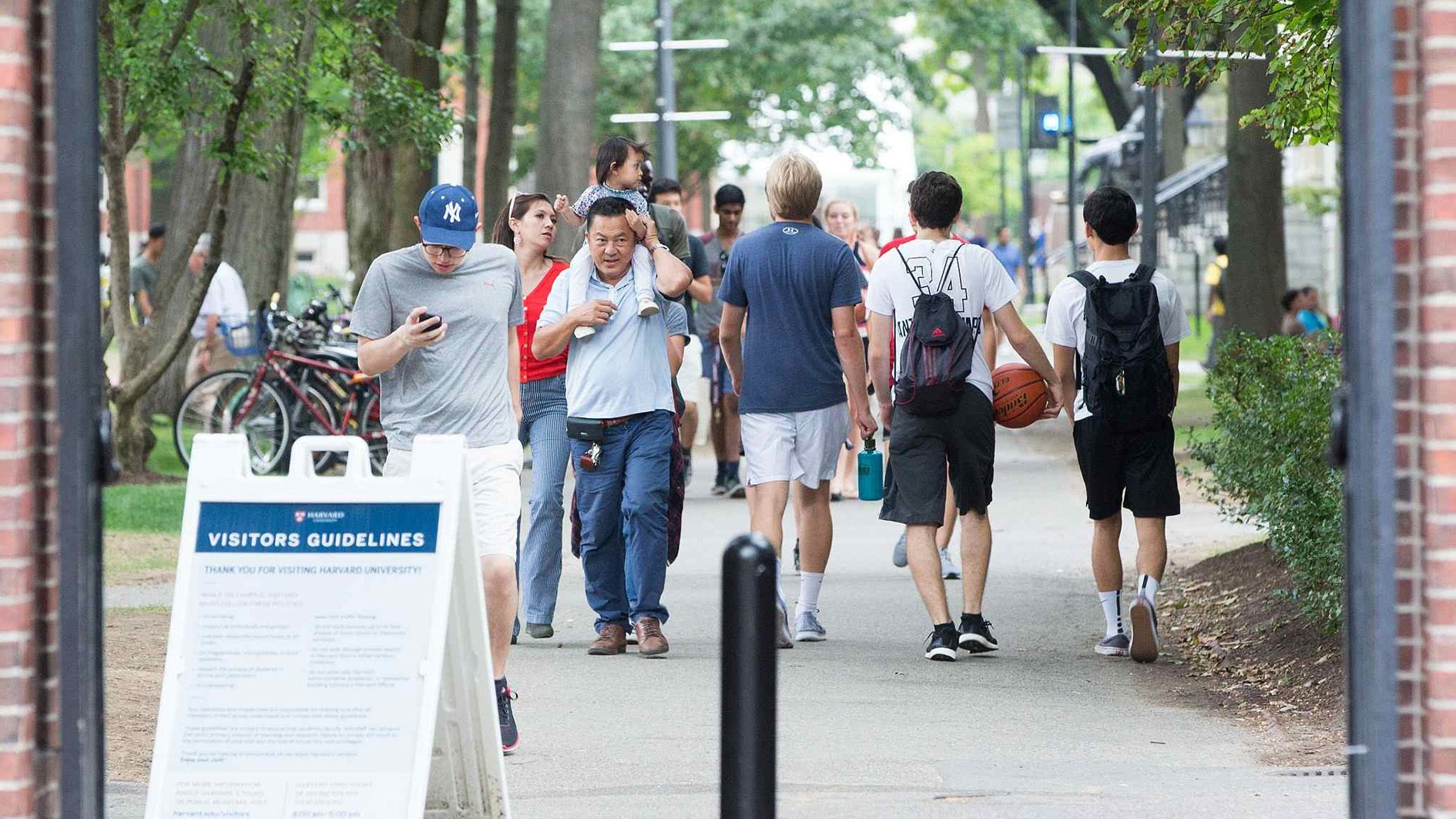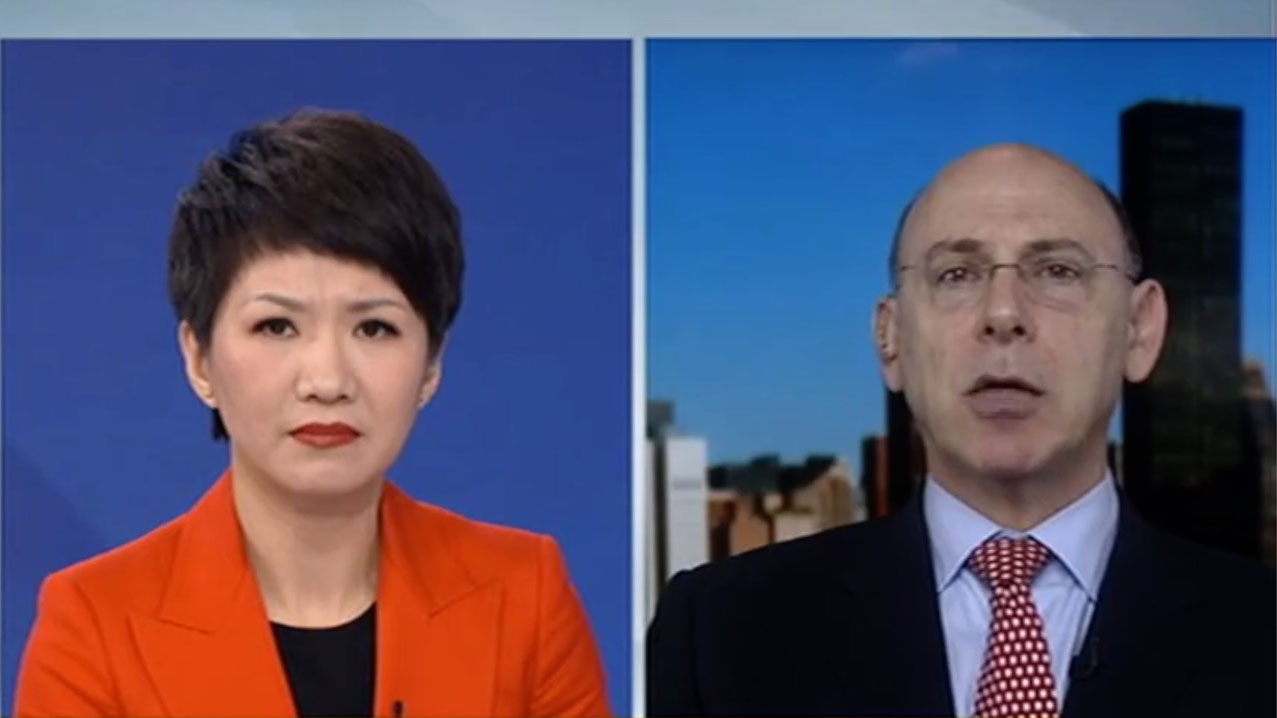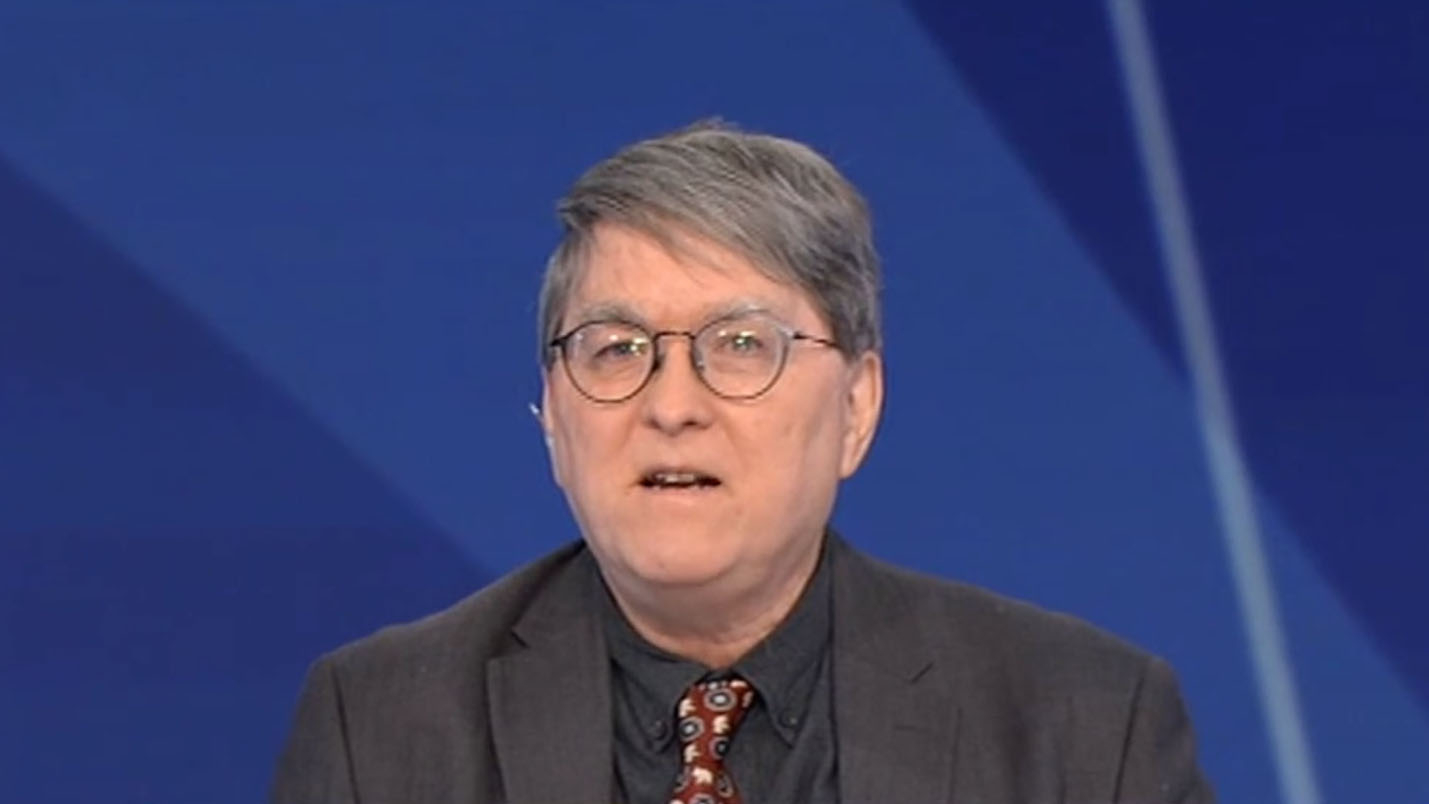
TV Show
08:26, 13-Apr-2019
Access to U.S. universities skewed toward rich and privileged?
The Point with Liu Xin
00:46

Thirteen wealthy American parents, accused of bribery, came forward to face justice on Monday. They pleaded guilty in one of the biggest admission scandals in U.S. history. Some parents may even face prison time.
Overall 50 parents, including famous actors and high-profile CEOs, were charged by federal prosecutors for participating in a bribery scheme.
According to reports, they are accused of paying up to 6.5 million U.S. dollars in bribe to make way for their children to enter A-grade universities like Yale, Stanford, and Georgetown.
"In the past, the system was somewhat self-perpetuating and self-monitoring," said David Moser, associate dean of Yenching Academy at Peking University.
"Some old standards were changed, and there are several other problems which have been brought up by this scandal."
The scandal has sparked massive public debate on to what extent should money be involved in education system.
According to a Guardian report, at five different Ivy League schools, more students came from the top one percent of the income scale than from the entire bottom 60 percent.
U.S. President Donald Trump's son in law and senior aide, Jared Kushner, was admitted to Harvard after his father made a 2.5-million donation to the school, despite a "less than stellar" high school academic record, the report claimed.
"That's nothing new", Moser said, adding that "what's new is this absolutely flagrant fraud and bribery which as far as I know is on a scale that we've never seen in the past decades."
01:35

While speaking on CGTN's program The Point, Martin Schwimmer, a partner at Leason Ellis said, "We sort of accept this backdrop of people donating millions of dollars to colleges, and we accept that athletes might get into a college who are otherwise not qualified."
Schwimmer also made a distinction between "donations" and "bribery," as donations are given to schools for building educational facilities or setting up scholarships.
"It's a certain societal trade-off that someone is going to donate the money for the scholarships under which people who don't have wealthy background can go to university for free," he said.
However, when money is given to people who spend it on themselves, "this is a bribe in the sense of someone doing something that they were not allowed to," Schwimmer said.
Last year, a lawsuit against Harvard University exposed several backdoors or "preference lists" which were believed to have benefited applicants who have links with university donors.
01:06

While the existence of "preference lists" or other possible channels to enroll legacy students remains debatable, experts have pointed out that it is related to deeper sociological causes.
"We have several generations now we call in America the 'helicopter parents' who sort of hover around their children", Moser said.
"Now we've got this new group of 'bulldozer parents' who actually try to clear the path in front of their children of any obstacles."
Moser believes that it requires sociological changes in the system in which higher education is increasingly commercialized and holds the sole key to a future career.
"Even if this scandal is resolved and it never happens again, higher education in America is indelibly imbued with this sort of unfairness and class bias," Moser said.
(If you want to contribute and have specific expertise, please contact us at opinions@cgtn.com.)

SITEMAP
Copyright © 2018 CGTN. Beijing ICP prepared NO.16065310-3
Copyright © 2018 CGTN. Beijing ICP prepared NO.16065310-3